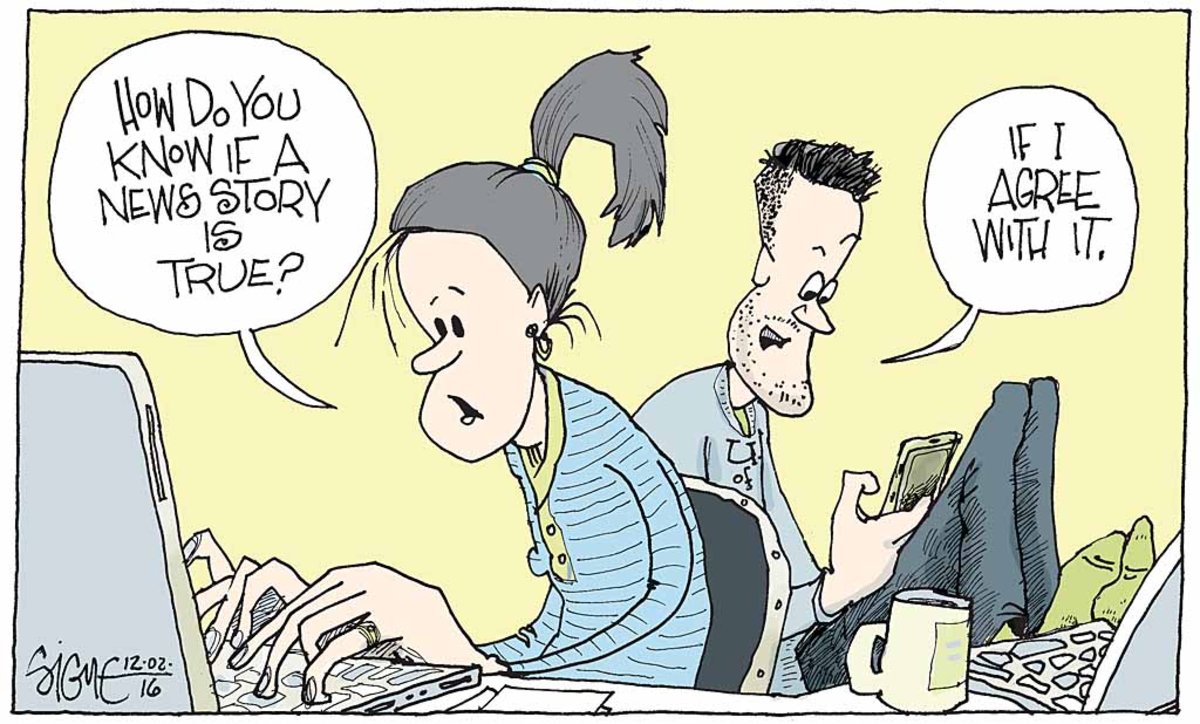Self Produced
Digital literacy plays a big part in how we perceive information online.

After reading Min Hui’s post, it certainly gave me additional knowledge on echo chambers and filter bubbles. I agree that they may affect your perspectives when viewing things online.
The increasing access of the Web is causing people to be able to post whatever they want online.


The government is one that can raise awareness to reduce the number of fake news spreading online.
However, this has led me to think if all articles from licensed websites are really reliable. This is because these sites are closely supervised by the government which may be skewed and biased in a way where the political parties engineer the thoughts of their citizens to how they want it.
Therefore, I would strongly recommend that we maintain a rational attitude towards what we view online – which is correlated as to why we should not categorize ourselves in either filter bubble or echo chamber and people should break away from this vicious cycle.

Pearl’s post has taught me the importance of acquiring digital literacy skills in order to evaluate online information. Her post has also led me to think if sponsored posts are deemed reliable since they are being paid to endorse the products.

In 2017,
“32% of consumers can tell if the influencer or source of the sponsored post has actually tried or used the product based on the content itself.”
In a way, yes I would agree that these posts are unreliable as they are doing it for monetary terms – which is why we need to cross reference with various other sources to confirm their credibility.

In conclusion, I feel that having the appropriate skills to evaluate the authenticity of online information is critical. One should be responsible when attaining data from the web and not immediately trust what is presented on the Web in order to maximize the potential of what the Internet can provide us.
(300 words)
REFERENCES:
Retrieved 17 Nov 2017:
“Confirmed: Echo chambers exist on social media. So what do we do about them?”
https://www.washingtonpost.com/news/in-theory/wp/2016/07/14/confirmed-echo-chambers-exist-on-social-media-but-what-can-we-do-about-them/?utm_term=.a79cf48e2af9
“Filter Bubbles”
https://www.techopedia.com/definition/28556/filter-bubble
“Consumer Credibility”
https://izea.com/2017/07/18/credibility-king-influencer-marketing/
“Political Websites creating a Buzz”
http://www.straitstimes.com/singapore/political-websites-creating-a-buzz-in-singapore













You must be logged in to post a comment.